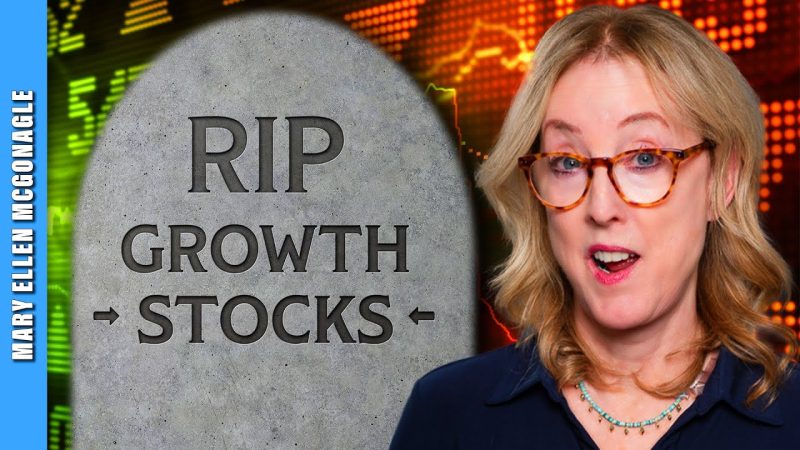In recent years, growth stocks have been the darling of the investment world due to their potential for rapid expansion and high returns. However, the volatile market conditions of late have raised questions about the future prospects of growth stocks. With increasing uncertainty and shifting investor sentiment, many are left wondering if it’s game over for growth stocks.
One key factor influencing the growth stock landscape is the current economic environment. In the wake of the global pandemic, central banks worldwide have implemented unprecedented monetary stimulus measures to support struggling economies. While these measures have provided a temporary boost to financial markets, concerns about inflation and rising interest rates have cast a shadow over the future of growth stocks.
Moreover, the technology sector, a major driver of growth stocks, has come under increased scrutiny from regulators and policymakers. Issues surrounding data privacy, antitrust practices, and market dominance have led to growing calls for greater oversight and regulation of tech giants. These regulatory headwinds could limit the growth potential of tech-focused growth stocks in the coming years.
Another challenge facing growth stocks is the emergence of value investing as a popular alternative strategy. Value investing, which focuses on identifying undervalued stocks with strong fundamentals, has gained traction among investors seeking stability and long-term growth potential. As a result, the traditional growth versus value dichotomy has become increasingly blurred, with many investors diversifying their portfolios to balance risk and returns.
Furthermore, the rise of environmental, social, and governance (ESG) investing has prompted a shift towards sustainable and socially responsible companies. As investors place greater emphasis on sustainability and ethical practices, growth stocks that fail to meet ESG criteria may face obstacles in attracting capital and achieving sustainable growth.
Despite these challenges, it’s important to note that the long-term outlook for growth stocks remains favorable. Innovation and technological advancements continue to drive growth in various sectors, offering opportunities for companies with disruptive business models and competitive advantages. Additionally, demographic trends, such as the rise of the millennial generation as a driving force in consumer markets, bode well for companies that cater to evolving consumer preferences.
In conclusion, while the current market conditions present challenges for growth stocks, it’s premature to declare game over for this investment strategy. As the investment landscape evolves, adaptability and diversification will be key to navigating the shifting dynamics of the market. By staying informed, assessing risk, and identifying opportunities for growth, investors can position themselves to capitalize on the potential returns offered by growth stocks in the long term.




























